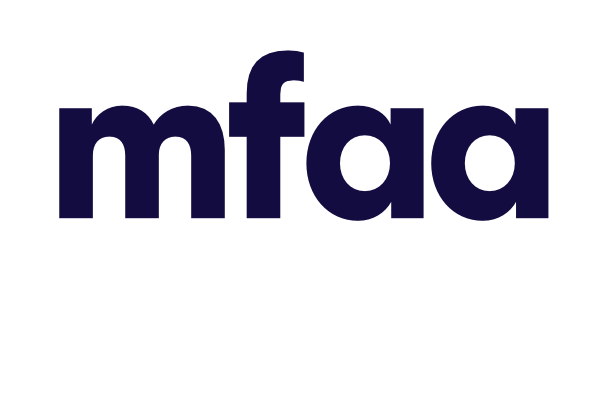

The Mortgage and Finance Association of Australia (MFAA) will be calling on the NSW Government to act urgently to change Payroll Tax legislation as part of its submission to a parliamentary inquiry into the law announced late last year.
A 2024 court ruling determined that certain commercial arrangements between mortgage brokers and their service providers (aggregators) classify brokers as contractors under the state’s payroll tax law, making their business revenue subject to payroll tax – even the 41% of NSW’s mortgage brokers who are sole traders.
Exemptions are available for broking businesses with multiple brokers, but none exists for sole operators who generate an average revenue of $182,000 before wages, fees and other expenses are paid.
Under the proposed tax, these self-employed professionals would face an additional $68,000 in payroll tax liabilities – including five years of back taxes – an amount that MFAA CEO Anja Pannek described as completely unviable.
“We are deeply concerned that the long-term impact of this stealth tax will have devastating consequences for small broking businesses across NSW, and for borrowers who will see the cost of their mortgages increasing in the middle of a housing and cost-of-living crisis,” Ms Pannek said.
“After years of inconsistent interpretations in the law, it’s time for this legislation to be reviewed and corrected. NSW taxpayers deserve clarity, fairness, and a system that supports small business owners rather than penalising them for their productivity.
“Mortgage brokers operate independent businesses, serve their own clients, and maintain their own premises, supported by service providers such as aggregators. They take on the risks and responsibilities of running a business, just like other small business owners. It’s difficult to understand why this broader context isn’t being considered fairly in the application of payroll tax.”
Mortgage brokers facilitate nearly 75% of all home loans in Australia, providing access to more than 100 lenders, many of whom who don’t have large branch networks. This drives healthy competition among lenders, so mortgages are more affordable for all borrowers.
The MFAA’s modelling highlights the far-reaching and unintended consequences of this tax, which extend beyond the broking industry. The ruling sets a precedent that could prompt Revenue NSW and other jurisdictions to target other industries driven by small businesses which use service providers to manage their finances and other administrative services.
“We are deeply concerned that the long-term impact of this stealth tax will have devastating consequences for thousands of Australian small businesses. If you can class a sole trader as an employee to levy payroll tax on them, then no one is safe,” Ms Pannek said.
“As Payroll Tax laws are largely harmonised across Australia, this isn’t just an issue in NSW – this is a national issue. Hairdressers, dentists, tradies and any sole traders across the country could be targeted. These small businesses are the lifeblood of the Australian economy. We’re surprised this Government would target small businesses and everyday homeowners for more tax.”
If broker numbers decline due to the financial strain of absorbing a new payroll tax, many businesses will be forced to close or adjust their business model, reducing competition in the lending market and shifting market share back to the major banks.
Ms Pannek warned of the broader implications for consumers that come with a sudden decrease loss in competition.
“Without brokers, consumers will have fewer choices and in turn face higher mortgage costs and more difficulty accessing credit, further exacerbating the housing affordability crisis in NSW. This isn’t just a tax on brokers – it’s a tax on borrowers and families trying to secure a home,” Ms Pannek said.
“If the NSW Government fails to act on this issue in line with their current commitments, our data shows the average NSW borrower – who already carries a larger mortgage than those in other states – could end up paying up to $100,000 more over the life of their loan. We’re calling on the Minns Government to demonstrate leadership by supporting home loan borrowers and small businesses.
“This law is outdated and unfit for purpose. We urge the NSW Government to amend the legislation immediately and call on the Federal Government to lead a national conversation on harmonising payroll tax laws. Australia’s small businesses deserve a fair, modern framework that reflects today’s economic realities,” Ms Pannek said.
You can read the MFAA’s submission to the NSW Payroll Tax Inquiry here: Advocacy activities





You can sign up for free by creating an account. If you are new to the portal, select "Create an account" to register and gain access to a range of free and useful resources.
If you already have an account, simply log in. Once logged in, you can easily apply for membership. If you need assistance, call our support team on 1300 554 817 for assistance.